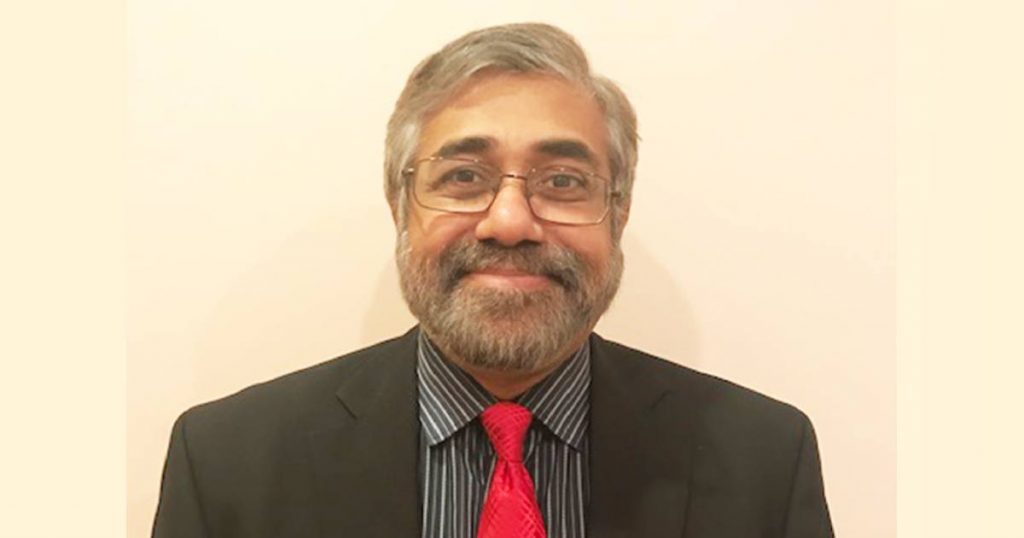Wismar 1964 encompasses shades of acts deemed genocidal against Indians
Peeping Tom’s column on (8/7/2022-KN) evokes painfulmemories of a Guyanese national tragedy – Wismar 1964. Despite the enormity of this tragedy, and the existence of the findings of a Commission of Inquiry (COI), with extensive transcripts of testimonials, a remarkable quietude persists over this incident. Since I am engaged in compiling a comprehensive examination of this tragedy, and have interviewed several victims, I would like to share some additional information regarding Wismar 1964.
First, it is important to remember that Wismar 1964 must be viewed in the context of the broader political dynamics in British Guiana atthat time, including the role of domestic and external players. In the space of four years, three major investigations were conducted by the British government: the Wynn Parry Commission (1962), “Wismar” Report (1964) and the ICJ Report (1965). Each of them dealt with ethnic violence and racial discrimination. There is ample evidence to suggest that Governor Richard Luyt “downplayed” the Wismar atrocities with his British superiors. Additionally, compared to the other two reports, only a handful of witnesses were interviewed by the Wismar Commission.
Second, it is a historical inaccuracy to suggest that May26, 1964, was the only day of infamy when Indians became the target of ethnicviolence in the Wismar/Christianburg/MacKenzie area. The day before, May 25,saw wanton violence directed against Indians, as well. A second wave of ethnic violence followed on July 6, 1964, after another tragedy, the “Sun Chapman” launch explosion. Reports indicated that on that day, 5 Indians were murdered and 7 seriously injured. The killings occurred in broad daylight. There was no record of Indian reprisals.
Third, the COI pointed to specific individuals who bore direct responsibility for instigating and organizing the violence in Wismar. Three witnesses identified Robert Jordan, a Peoples National Congress (PNC) member of the former Legislative Assembly for the Upper Demerara River, as inciting African people to engage in violence against Indians days before the events. Another known criminal, nicknamed, “Banga Mary”, may have been shot and killed by a police officer after he tried to burn down the police station where victims sought refuge.
Fourth, Cheddi Jagan used the word “massacre” twice inreference to Wismar 1964. However, Wismar encompasses shades of acts deemed genocide according to human rights organizations and international legal norms. In 1964, the United Kingdom and its Governor in British Guiana were legally bound by the provisions of the Convention on the Prevention andPunishment of the Crime of Genocide (approved by the UN on 9 December, 1948), as well as by the provisions of the Universal Declaration Human Rights (UDHR) (adopted on 10 December, 1948). The events in Wismar, infringed upon a numberof Articles of the UDHR, including the following: Article 3 (the right to life,liberty and security of person; Article 5 (torture, cruel, inhuman or degradingtreatment or punishment); Article 7 (equality before the law, without any discrimination to equal protection of the law), Article 8 (right to an effective remedy by the competent national tribunals for acts violating the fundamental rights granted to him or her by the constitution or by the law);Article 17 (no one shall be arbitrarily deprived of his or her property).
Additionally, Article II of the Genocide Convention defined Genocide as “any of the following acts committed with intent to destroy, inwhole or in part, a national, ethnical, racial or religious group as such:(a)Killing members of the group;(b) Causing serious bodily or mental harm to members of the group;(c) Deliberately inflicting on the group conditions of life calculated to bring about its physical destruction in whole or in part.” TheWismar Commission found evidence of clear intent on the part of the PNC leaderin Wismar who was its Member of Parliament, and there was certainly killing members of the group in Wismar; causing serious bodily or mental harm tomembers of the group; deliberately inflicting on the group conditions of life calculated to bring about its physical destruction in whole and in part.
Fifth, invoking the memory of Wismar 1964 should not be about claiming victimhood, casting blame or establishing one groups’ claim tomoral superiority over another. It is about giving a voice to the forgotten Indians who were victims of this shameful national tragedy. The Motto on the Sun Chapman Monument (located in the center of Linden) reads: “Those who forget the lessons ofhistory do so at our own peril.” Robert Corbin, leader of the PNC, in referenceto Sun Chapman, said, “A nation that fails to record its history is bound tomake the same mistakes.”
Finally, there are some Guyanese, who, for obvious reasons, will continue to work strenuously to ensure that Wismar 1964 remains buried inthe historical archive. Hamilton Green, for example, never fails to pen a letter upon any mention of Wismar in the local media. With callousness, a regular blogger on the Stabroek News letter column website, Fuad Rahaman, wrote “The tragic events that took place in Wismar in 1964 were an unfortunate phase inour political history. It must be forgotten.” Much of the initial violence against Indians took place in the Valley of Tears, which, in another cruel twist of fate, was renamed Victory Valley under Forbes Burnham. To date, both the leaders of the PNC, and thePPP (to whom most Indians support) continue to avoid, like the plague, any mention of Wismar 1964.
Dr Alissa Trotz (and Red Thread) who interviewed some of the refugees from Wismar living on the East Coast of Demerara queried about the silencing of the tragedy of the violence and ethnic cleansing of Wismar. Yet, the silent voices of the victims of Wismar, and their cries for closure continues. Perhaps it is Iqbal Khan, the brother of one of the first victims of Wismar, Richard Khan, who got it right. Recalling the harrowing experience faced by his family, Iqbal said: “It’s as if God has forgotten [about] us.”
By Dr Baytoram Ramharack
